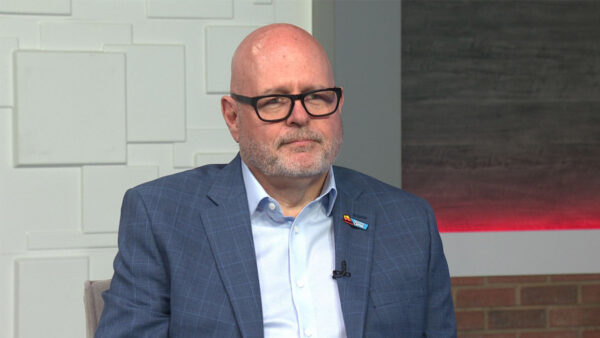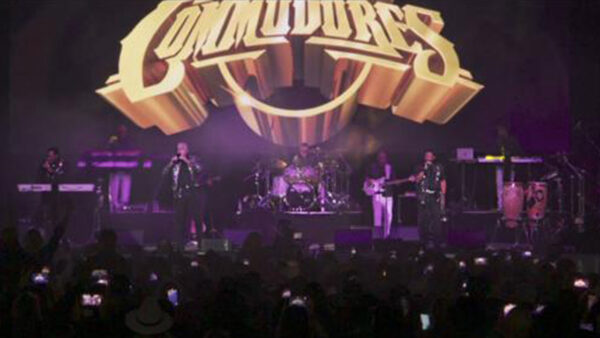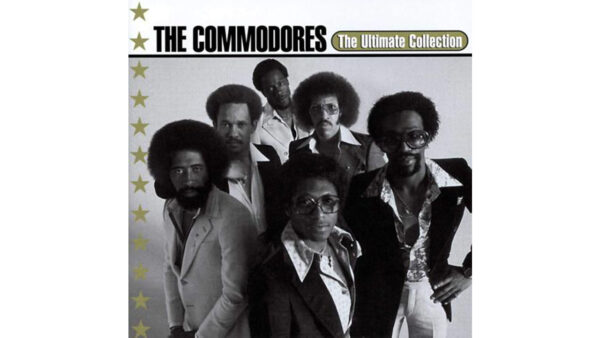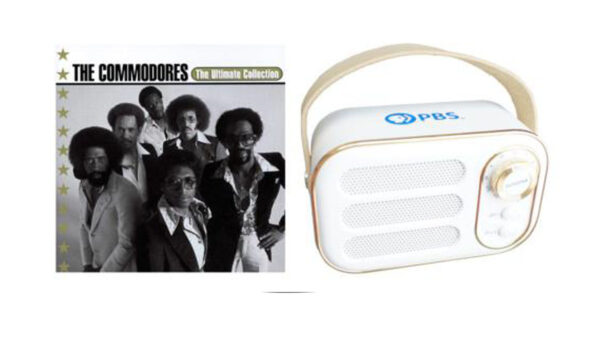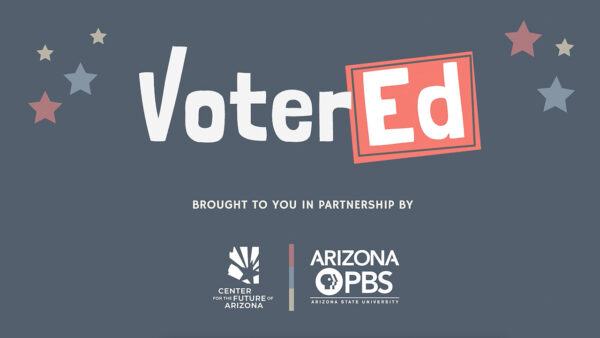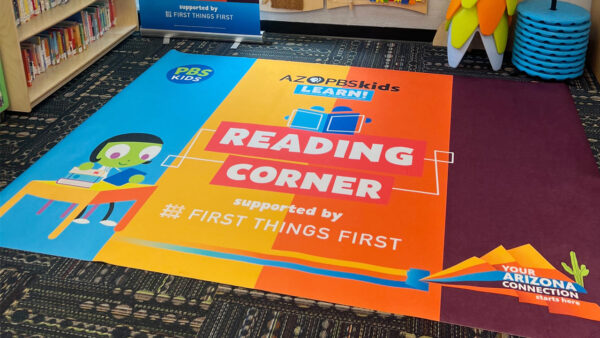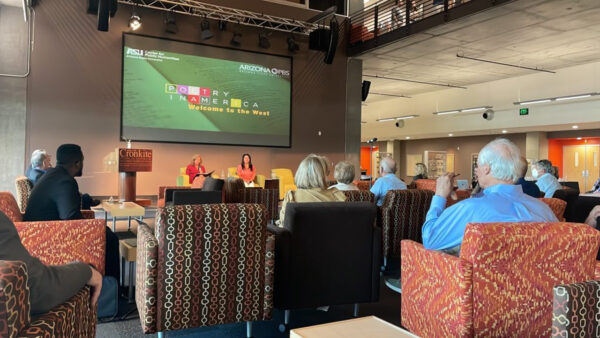Prohibition – A Film by Ken Burns and Lynn Novick
Oct. 2, 2011
Set in the era of bathtub gin, bootleggers and speakeasies, the series Prohibition, from Ken Burns and Lynn Novick, tells the true story of the rise, rule and fall of the 18th Amendment to the U.S. Constitution. It was called the Noble Experiment, but it was in fact one of America’s most notorious civic failures, an object lesson in the challenge of legislating human behavior. Prohibition airs October 2, 3 and 4, 2011 at 8 p.m. on Eight.
Prohibition begins with the story of America’s growing concern about alcohol abuse in the 19th century. Saloons and taverns flourished with the increasing availability of hard liquor, and with them, a culture of men that neglected and abused their wives and children in favor of liquor. Families were being destroyed, and many feared that the American social fabric would disintegrate.
Women such as Elizabeth Cady Stanton, Frances Willard and Carry Nation first demanded temperance, then outright Prohibition. The hugely powerful Anti-Saloon League took up the mantle in the late 19th century, setting its sights on a Constitutional Amendment banning the sale and manufacture of alcohol. The 18th Amendment was ratified on January 16, 1919, and went into effect one year later.
For the next 13 years, America would be split by a fierce cultural divide between “wets” and “drys” as Prohibition pit the city against the countryside, Protestants against Catholics, immigrants against native-born citizens. Prohibition turned law-abiding citizens into criminals, made a mockery of the justice system, allowed illicit drinking to seem glamorous, encouraged neighborhood gangs to form national crime syndicates, permitted government officials to bend and sometimes even break the law, and fostered cynicism and hypocrisy that corroded the social contract all across the country. The film raises vital questions that are as relevant today as they were 100 years ago – about means and ends, individual rights and responsibilities, and the proper role of government.
October 2: A Nation of Drunkards – Since the early years of the American Republic, alcohol has been embedded in the fabric of American culture. But by 1830, the average American over 15 years old consumes nearly seven gallons of pure alcohol a year, three times as much as we drink today. Alcohol abuse wreaks havoc on the lives of many families. As a wave of spiritual fervor for reform sweeps the country, many women and men begin to see alcohol as a scourge. After the Civil War, the country’s population swells with immigrants, who bring their drinking customs with them from Ireland, Germany, Italy and other European countries. The temperance campaign ignites, spearheaded by the Woman’s Christian Temperance Union. Carrie Nation and her Home Defenders Army bring publicity by attacking Kansas bars with stones and hatchets, and the Anti-Saloon League (ASL) forms to push for an amendment to the Constitution outlawing alcohol nationally. Most politicians dare not defy the ASL, and in 1917 the 18th Amendment sails through both Houses of Congress; it is ratified by the states in just 13 months. When the Amendment is signed into law, Prohibitionists rejoice that America has become officially dry. But Americans are about to discover that making Prohibition the law of the land has been one thing; enforcing it will be another. (Part 1 of 3)
October 3: A Nation of Scofflaws – In 1920, Prohibition goes into effect, making it illegal to manufacture, transport or sell intoxicating liquor. This episode examines the problems of enforcement, as millions of law-abiding Americans become lawbreakers overnight. While a significant portion of the country is willing to adapt to the new law, others are shocked at how inconsistent the Volstead Act actually is. As weaknesses in the law and its enforcement become clear, millions find ways to exploit it. Drys had hoped Prohibition would make the country a safer place, but the law has many victims. Honest policemen are killed on the job, unlucky drinkers are poisoned by adulterated liquor and overzealous federal agents violate civil rights just to make a bust. Alcoholism still exists, and may even be increasing, as women begin to drink in the speakeasies that replace the male-only saloon. Despite the growing discontent with Prohibition and its consequences, few politicians dare to speak out against the law, fearful of its powerful protector, the Anti-Saloon League. (Part 2 of 3)
October 4: A Nation of Hypocrites – Support for Prohibition diminishes in the mid-1920s as the playfulness of sneaking around for a drink gives way to disenchantment with its glaring unintended consequences. By criminalizing one of the nation’s largest industries, the law has given savvy gangsters a way to make huge profits, and as they grow in power, rival outfits wreak havoc in cities across the country. The burgeoning tabloid newspaper industry fans the frenzy with sensational headlines and front-page photographs of murder scenes, while Al Capone holds press conferences and signs autographs. The wealthy Pauline Sabin begins publicly decrying that Prohibition has divided the nation into “wets, drys, and hypocrites.” Nearly a century before, women had hoped Prohibition would make the country a safer place for their children. But by the late 1920s many American women believe that the “Noble Experiment” has failed. Sabin unifies women of all classes, refuting the notion that all women support Prohibition and denouncing the law itself as the greatest threat to their families. Sabin and others argue that repeal will bring in tax revenue and provide desperately needed jobs. After the election of Franklin D. Roosevelt in 1932, Congress easily passes the 21st Amendment, which repeals the 18th, and the states quickly ratify it. In December of 1933, Americans can legally buy a drink for the first time in 13 years. (Part 3 of 3)
)
